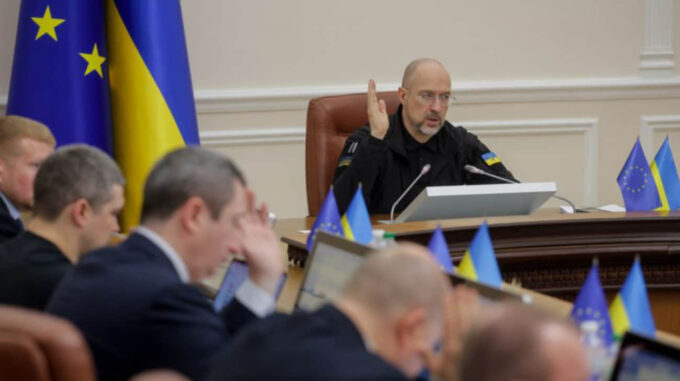Ukraine on the Verge of an Important Diplomatic Breakthrough: Government Approves Roadmaps for Opening the First Cluster of Negotiations with the European Union

On Wednesday, May 14, the Ukrainian government took a significant step toward European integration by approving a set of documents that outline the next steps in Ukraine’s accession process to the European Union. These so-called roadmaps are crucial for opening the first cluster in Ukraine’s pre-accession negotiations with the EU. Ukrainian Prime Minister Denys Shmyhal announced this important event via his official Telegram channel. According to the head of government, these documents regulate work in the areas of the rule of law, reform of the public administration system, and strengthening the country’s democratic institutions. "The roadmaps are fully aligned with Ukraine’s international obligations and also correspond to our strategic and programmatic documents," emphasized Shmyhal. "This is a clear step forward in our European integration, demonstrating our intention to move purposefully toward a new stage of cooperation with the EU." Another positive sign was the approval by the government of the negotiating position for the first cluster — "Foundations." As assured by the Prime Minister, Ukraine’s goal remains unchanged: to gain the opportunity in 2023 to start negotiations across all six cluster groups launched within the framework of the European integration process. "After the war ends, our strategic plan is to become an integral part of the European family, and we are working relentlessly toward this," Shmyhal stressed. In his social media account on X (formerly Twitter), Deputy Prime Minister for European and Euro-Atlantic Integration, Olga Stefanishyna, highlighted that Ukraine has completed all internal preparatory steps for opening negotiations on the first cluster. "The efforts of the Ukrainian authorities are unwavering. Despite the war, the country continues reforms and transformations with the aim of becoming a strong capable member of the European Union," she emphasized. Ukrainian government sources note that approval of the roadmaps in the areas of the rule of law and public administration reform is a mandatory condition for starting negotiations on the first cluster, "Foundations." At the same time, this news indicates practical progress Ukraine is demonstrating in fulfilling the conditions necessary for initiating the integration process. However, all is not so straightforward. Challenges in the diplomatic sphere remain relevant. In particular, Hungary still maintains a veto on the actual opening of negotiations regarding Ukraine’s EU accession, and this situation remains unresolved. EU diplomat Kaja Kallas, while visiting Lviv, openly stated the possible plan of a “Plan B” in case Hungary’s veto persists. This points to ongoing tensions in the negotiation process. According to Bloomberg, the European Union is considering various scenarios to prevent the Budapest veto from disrupting the start of Ukraine’s accession negotiations. Overall, diplomatic channels and actions from all sides are aimed at accelerating these processes and avoiding delays. Given this situation, it is worth noting that today there is positive news about the completion of all internal prerequisites for opening the first negotiation clusters. However, the realities on the front and political challenges still remain obstacles that need to be addressed. We will continue to monitor developments, as Ukraine’s path to join the European family could receive a new momentum very soon. It is important to understand that this historic step may become one of the most significant in the country’s modern history, as it opens the way for economic, political, and legal reforms necessary for integration into the community of European nations.

